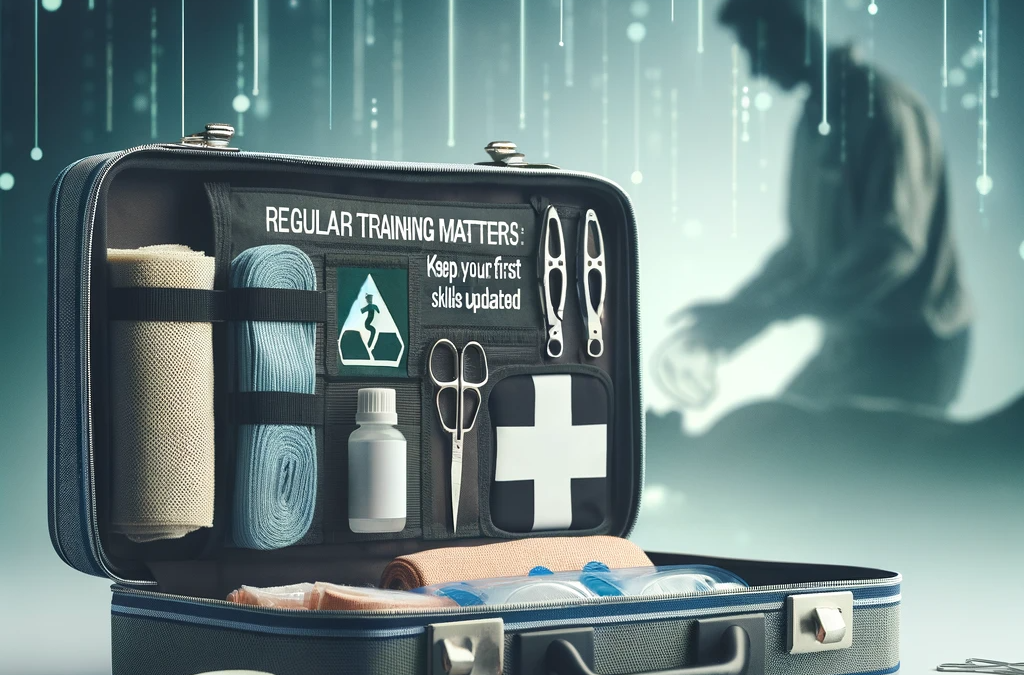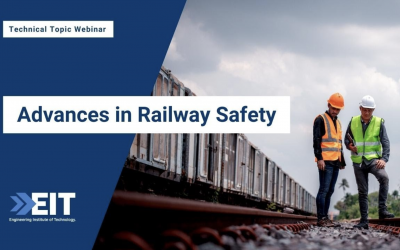The Importance of Keeping Your First Aid Skills updated
First aid isn’t merely a set of skills; it’s a critical response capability that can mean the difference between life and death in emergencies.
The initial moments after an accident or during a medical emergency are pivotal, and the correct response can drastically alter the outcome.
This post will explore the multifaceted benefits of regular first aid training, emphasizing the importance of keeping your first aid skills updated
The Need for Re-qualification: Staying Current and Competent
- Evolving Best Practices: Medical knowledge is not static. As research progresses, techniques that were once considered best practices might be replaced with more effective methods. Regular re-qualification ensures first aiders are not left behind, utilizing outdated practices
- Regulatory Compliance: In many jurisdictions, maintaining a current first aid certification is not just a matter of best practice but also of legal compliance, particularly in certain workplaces or professions.
- Psychological Readiness: Re-qualification isn’t just about refreshing knowledge; it’s also about reinforcing the mental readiness to act confidently and effectively in an emergency.
The Role of Refresher Courses: Sharpening Skills and Building Confidence
- Combatting Skill Decay: Skills, especially those not regularly used, can diminish over time. Refresher courses help combat this decay, ensuring that first aiders’ skills remain sharp and ready to be deployed.
- Scenario-Based Learning: Many refresher courses use realistic scenarios to simulate emergencies, providing hands-on experience and helping first aiders practice their decision-making and agility in responding to different types of emergencies.
- Community and Peer Learning: Refresher courses also serve as a platform for peer learning and sharing of experiences, further enriching participants’ knowledge and readiness.
Continuous Learning: A Lifesaving Commitment
- Staying Informed on the Latest Research: The medical field is continually evolving. What was a recommended practice a few years ago may now be replaced by a more effective technique. Continuous learning helps first aiders stay informed about the latest research and updates in emergency medical care.
- Technological Advances: As technology advances, new tools and devices become available to assist in first aid. Regular training can introduce these new aids, ensuring first aiders are skilled in their use.
- Adaptability to Changing Environments: Emergencies can happen anywhere, from urban settings to remote areas. Continuous learning helps first aiders adapt their knowledge to different environments and situations, enhancing their effectiveness.
A Dedication to Saving Lives
Updating first aid skills is more than a personal achievement; it’s a societal responsibility. By committing to regular training, individuals not only enhance their own abilities but also contribute to a safer, more resilient community.
The commitment to continuous learning reflects a dedication to saving lives and providing the best possible care in crises.
Embrace Lifelong Learning in First Aid
- Assess and Update: Evaluate your current level of first aid knowledge and seek out opportunities to update it. Look for accredited courses that offer the latest in medical advice and techniques.
- Practice Regularly: Engage in regular practice sessions, either through organized courses or with peers. Practical, hands-on experience is invaluable.
- Stay Informed: Beyond formal training, stay informed about the latest in first aid through reading, attending seminars, and participating in community health initiatives.
In embracing these practices, keeping in mind the importance of keeping your first aid skills updated, you ensure that your first aid skills remain sharp, reliable, and effective, ready to make a difference when it matters most.
Latest news, how to guides and more
Role of Engineering Supervisors in Ensuring Railway Safety
The Role of Engineering Supervisors in Ensuring Railway Safety The railway industry, with its vast infrastructure and intricate operations, relies heavily on a multitude of professionals to ensure its smooth and safe functioning. Among these roles, the...
Advanced Safety Protocols in Modern Railways
Advanced Safety Protocols in Modern Railways The railway industry, a cornerstone of global transportation, has always prioritized safety. With the advent of modern technology and the increasing complexity of railway networks, advanced safety protocols have...
The Evolution of Railway Safety Technologies
The Evolution of Railway Safety Technologies The railway industry, with its rich history spanning over two centuries, has witnessed remarkable advancements in technology. As trains became faster, longer, and more frequent, the need for enhanced safety...


















